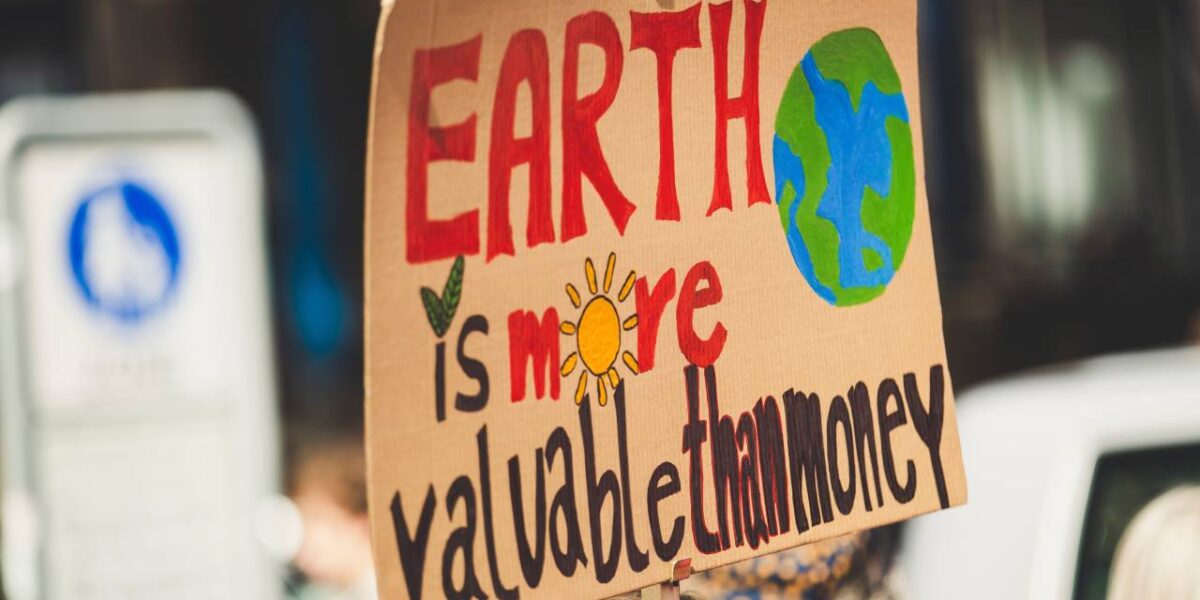In a video entitled “The Fundamental Issue – Overshoot,” University of British Columbia (UBC) emeritus professor William Rees warns that ecological overshoot is the overriding issue facing us, and we ignore it at our peril.
Shortly after joining UBC in 1969, Rees gave a talk about the carrying capacity of the lower mainland of BC to his fellow faculty members. He estimated that the resources available in the region could support only about a tenth of the existing population.
Afterwards, a prominent Canadian resource economist took Rees aside and told him “If you continue your pursuit of human carrying capacity and similar ideas, I can guarantee you that your career at this university will be nasty, brutish and short.”
Rees nonetheless enjoyed a long and productive career at UBC. He is renowned for his seminal work on the concepts of “ecological footprint” and “ecological overshoot”.
According to the Earth Overshoot Day folks, it would require five Earths to support the lifestyle of an average Canadian and 1.8 Earths to support the current global population. If the whole world consumed like Canada, demand for natural resources and ecosystem services would exceed what Earth can supply in just a little over two months into the new year.
Another use of the term “overshoot” is found in the just-released synthesis of the IPCC Sixth Assessment Report. Gwynne Dyer characterizes the IPCC message as “Yes, we’re going to overshoot 1.5 degrees Celsius for a while, but don’t despair. We’ll get back down below that level as fast as we can.” Dyer says “Good luck with that… the last exits on the highway to hell are flashing by right now.”
Climate change gets all the attention these days. Fundamentally, however, climate change is only a symptom of a bigger problem, Modern societies, and Canadians in particular, are grossly overshooting the world’s carrying capacity.
Cutting fossil use and greenhouse gas emissions alone will not solve the overshoot problem. A concerted effort across all resource sectors – forestry, agriculture and mining in particular – is needed to reduce our ecological footprint.
Canada, with multiple resource industries and growth-obsessed politicians, is arguably one of the greatest obstacles to the urgently-need transition to a resource-efficient world, and hence to human survival.
We cling to the fantasy of endless economic growth.
A rapid, but managed contraction in resource extraction and consumption would create an economy with vastly reduced throughput. This economy could still provide a high quality of life – likely far better than the current situation. People in communities that produce and consume (and throw away) a lot less stuff would have more free time to enjoy nature, sports, the arts, hobbies and each other’s company.
A major benefit of managed contraction would be a massive reduction in pollution and waste – far less plastic in the oceans, for example.
Magic bullet “solutions” such as carbon capture and storage, small modular reactors, fusion reactors, and “blue” hydrogen from natural gas entail ever-increasing consumption of non-renewable resources – an impossibility in a finite world.
Another version of the endless growth fantasy is that renewable energy technologies will quickly and seamlessly replace fossil fuels, allowing us to continue our high-consumption lifestyles.
Renewable technologies are far less “renewable” than one might think. There is too much wishful thinking, including from the IPCC, about the feasibility of a smooth transition to a renewables-based economy. Fossil fuels play a major role in the production of renewable technologies. Mineral requirements may be greater than the earth can provide.
Rees and colleague Megan Siebert discuss these limitations in a paper entitled “Through the Eye of a Needle: An Eco-Heterodox Perspective on the Renewable Energy Transition”. Seen in this light, a feverish rush to dig up “critical minerals” is tantamount to digging mass graves.
Canadians are in denial about the human suffering associated with our current lifestyles and economic policies. We can’t continue over-consuming resources, degrading ecosystems, and producing more waste than the Earth can absorb.
We urgently need to plan for a managed contraction of the Canadian economy, as our contribution to restoring the earth’s capacity to support life.
Are there any politicians who will take this on?



